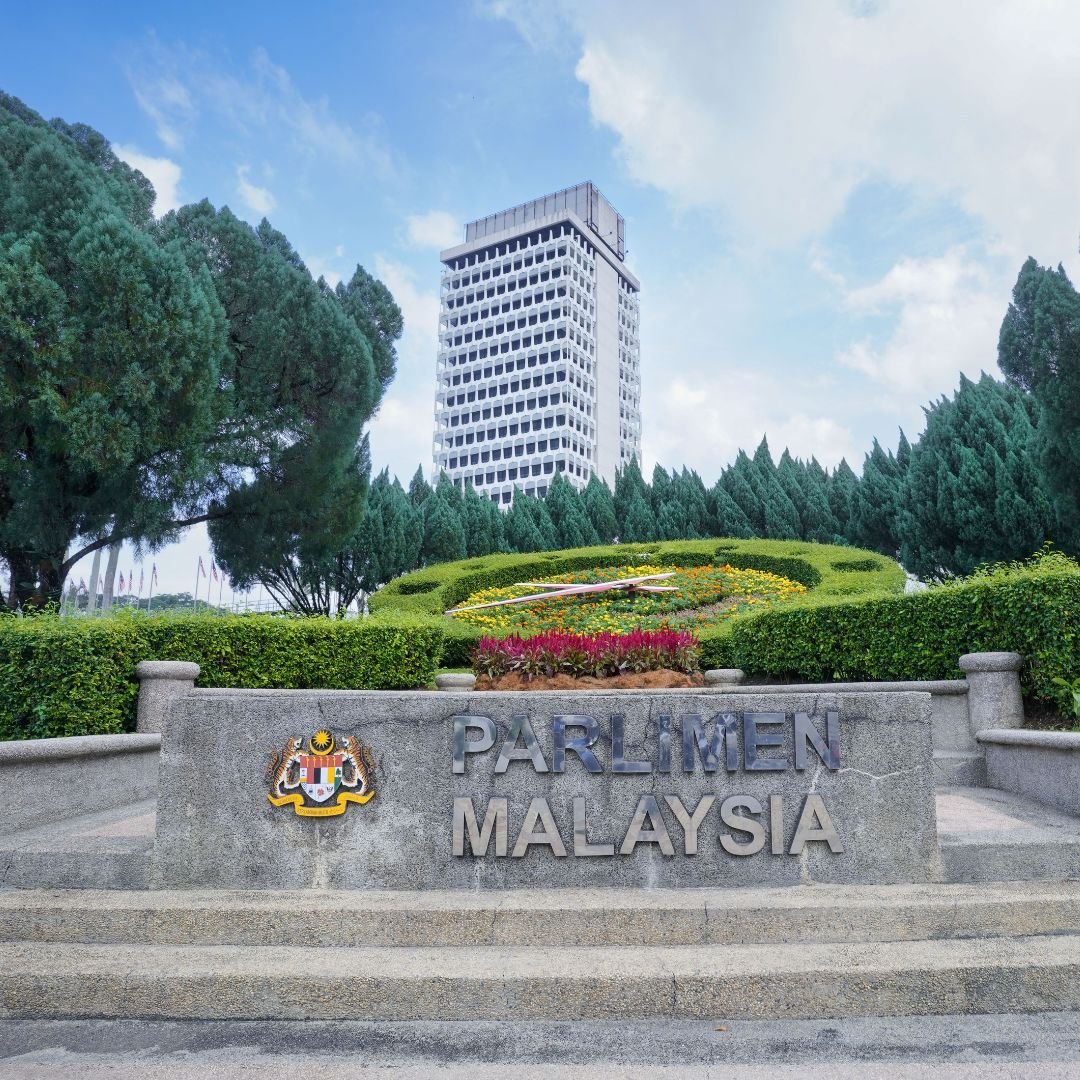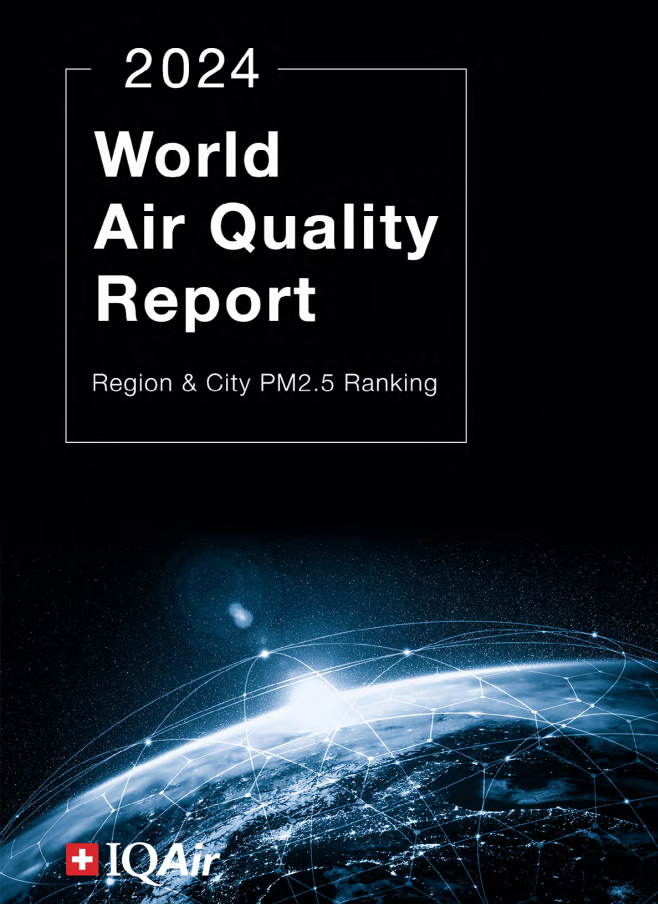Palm oil and pulp companies with most burned land go unpunished as Indonesian forest fires rage
KUALA LUMPUR, Malaysia – Ten palm oil companies with the largest areas of burned land between 2015 and 2018 have received no serious civil or administrative sanctions, new Greenpeace Indonesia mapping analysis revealed. Malaysian-owned Genting Group, via their subsidiary PT Globalindo Agung Lestari, was found to be among ten companies listed as having the largest burned areas on their land in Indonesia.
However, the Indonesian government has not revoked a single palm oil licence due to these forest fires, nor has it given any other serious sanctions to these ten companies.
During the same period, the pulp sector also largely escaped serious government sanctions despite repeated fires across massive areas of land. [1] This year, fire hot spots have been recorded in many of these same palm oil and pulp concessions.
Greenpeace Indonesia analysis used official government ‘burn scar’ data, which showed that more than 3.4 million hectares of land burned between 2015 and 2018.[2] This data was then compared to the best available concession data [3] on palm oil and pulp companies as well as administrative and civil law sanctions against companies, which were compiled through Freedom of Information requests and official government reports.
The findings from the analysis contrast sharply with the Indonesian government’s claims of being tough on fires and law enforcement [4], at a time when fires are impacting millions of Indonesians. The haze from the forest and land fires have also reached neighbouring countries in the last two weeks.
“Stopping this recurring fire crisis should have been at the top of the government’s agenda since 2015. But our findings show the reality: empty words and weak and inconsistent law enforcement against companies. President Jokowi and his ministers must immediately remove licenses from companies with fires on their land,” said Kiki Taufik, Global Head of Greenpeace’s Indonesia forests campaign.
Findings for palm oil plantations from 2015 to 2018:
- None of the ten palm oil concessions in Indonesia with the largest total burned areas received serious civil or administrative sanctions. Seven of those companies had high numbers of fire hot spots in their concessions this year.[5]
- The government did not revoke any palm oil companies’ licences for forest fires.
- Numerous palm oil concessions burned repeatedly but received no serious civil or administrative sanctions.
Findings for pulp plantations:
- An area larger than Singapore burned in a concession linked to Sinar Mas/Asia Pulp & Paper (APP) between 2015 and 2018. This concession, which had the largest total burned area out of all concessions across Indonesia, was only sanctioned for replanting in previously burned areas.
- A Sinar Mas/APP–related company has had fires on its land every year between 2015 and 2018 but received no serious civil or administrative sanctions. It has had more than 200 fire hot spots so far this year.
- An APRIL/RGE–related company has seen its concession land burn every year since 2015. It has received serious civil/administrative sanctions just twice. A criminal investigation against numerous companies, including this one, was stopped by police in 2016 due to insufficient evidence. It has had nearly 500 fire hot spots so far this year.
Meanwhile as the Malaysian government continues mulling over the creation of a Trans-boundary Haze Act to punish Malaysian companies that cause haze in other countries, the forest fire crisis in Indonesia is still ongoing.
“Tackling forest fires is not only Indonesia’s responsibility alone. Both the Malaysian and Indonesia governments need to look at where the fires are burning, why, and who is behind them to hold the main culprits behind the fires accountable; especially now that haze from Indonesia forest fires are spreading beyond the country’s boundaries, including Malaysia.” said Greenpeace Malaysia Campaigner Heng Kiah Chun.
In 2014, ASEAN leaders failed to come up with the strong implementation of the ASEAN Agreement on Transboundary Haze Pollution, which led to the prolonged and severe haze season in some regions in Southeast Asia. One of the reasons is lack of transparency among countries and conflict of interest.
“This time, ASEAN members must cooperate with the government of Indonesia to tackle this problem once and for all and work together, taking effective action to implement a Transboundary Haze Pollution Act to hold reckless companies accountable,” said Heng.
Other Malaysian palm oil companies involved in forest fires, as identified by the Indonesian government last week, includes subsidiaries of IOI Corporation Bhd, Sime Darby Plantations, Kuala Lumpur Kepong Berhad (KLK), and TDM Berhad.[6]
A Greenpeace Indonesia investigation earlier this year showed that none of the companies taken to civil court by the government for their role in forest fires and illegal logging have paid compensation. The total amount of money owed is more than USD1.2 billion.[7]
The World Bank estimates that the 2015 fire crisis cost Indonesia USD16 billion, resulting in losses in forestry, agriculture, tourism and other industries.[8] Additionally, the haze from the fires caused respiratory and other illnesses in hundreds of thousands of people across the region and, according to one study, likely led to over 100,000 premature deaths.[9] Along with the haze an estimated 11.3 million tonnes of carbon per day were released into the atmosphere, higher than the emissions rate of the whole European Union.[10]
ENDS
Media Contacts
| Name: Yvonne Nathan
E-mail: [email protected] |
Notes
[1] The full analysis is available here.
[2] Greenpeace mapping analysis of official burnscar data from Indonesian Ministry of Forestry and Environment. Burned area totalled 2,604,500 ha in 2015; 436,500 ha in 2016; 164,100 ha in 2017; and 528,000 ha in 2018.
[3] While all reasonable efforts have been made to ensure that the concession data is accurate, there are many different concession data sources and a lack of government and company transparency means that there may be some inaccuracies. Burn scar figures have been rounded up or down to account for this issue.
[4] ‘Law enforcement must be strictly carried out, whether administrative, civil or criminal… This must be done in order to create a legal certainty and in order to fulfill a sense of justice for communities.’ President Joko Widodo, 12 August 2016. See p.4 here.
[5] The ten palm oil companies are listed in the second table of the Greenpeace Indonesia analysis.
[6] ‘Indonesia says some forest fires started on Malaysian-controlled land’
[7] See ‘Indonesia land-burning fines unpaid years after fires’ and ‘11 perusahaan perusak lingkungan rugikan negara Rp18 triliun’
[8] ‘‘The cost of fire : an economic analysis of Indonesia’s 2015 fire crisis’
[9] ‘Public health impacts of the severe haze in Equatorial Asia in September–October 2015’
[10] ‘Fire carbon emissions over maritime southeast Asia in 2015 largest since 1997’



Discussion
This fine article encapsulates the challenges and travesties of this man made tragedy. The genocide perpetrated in the innocent creatures murdered and the human lives lost are not quantified and qualified. The shock and awe of such criminality needs the widest international exposure, sanctions and prosecution of the CEO’s of the corporate conglomerates. Reporting is one strategic aspect, action against the criminals in naming and shaming them is vital. One must boycott products from such companies for such treasonous conduct.